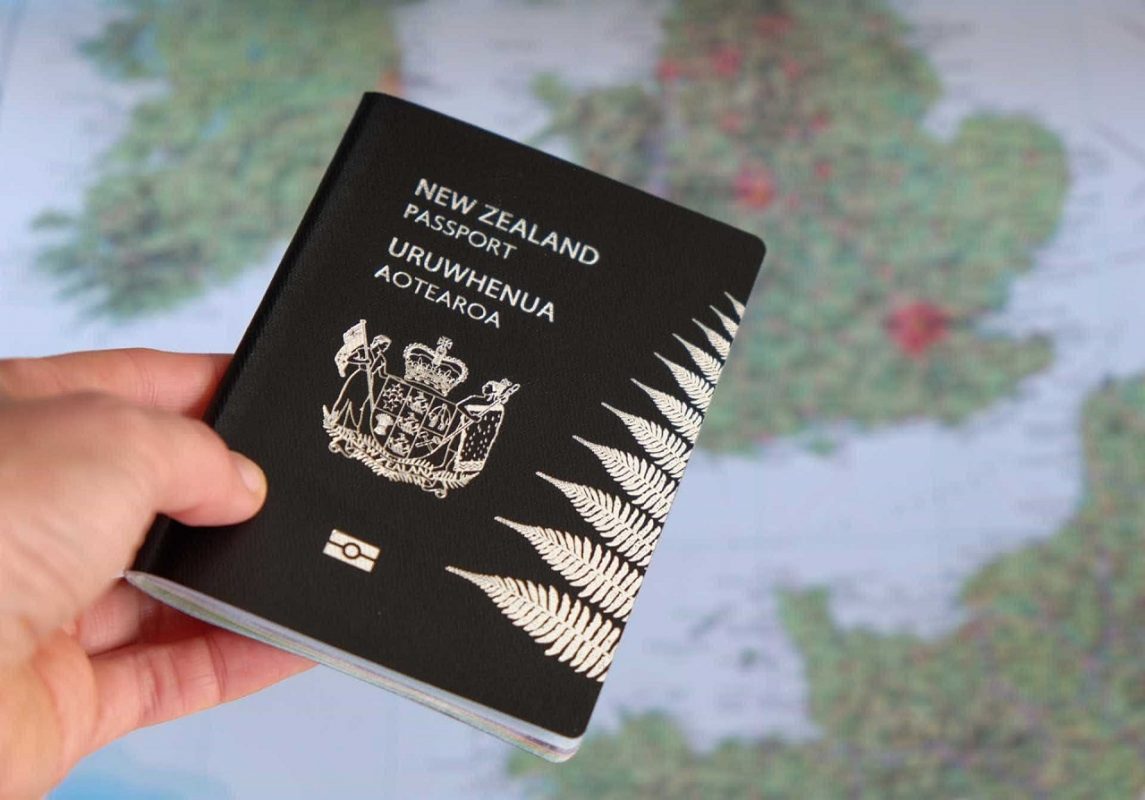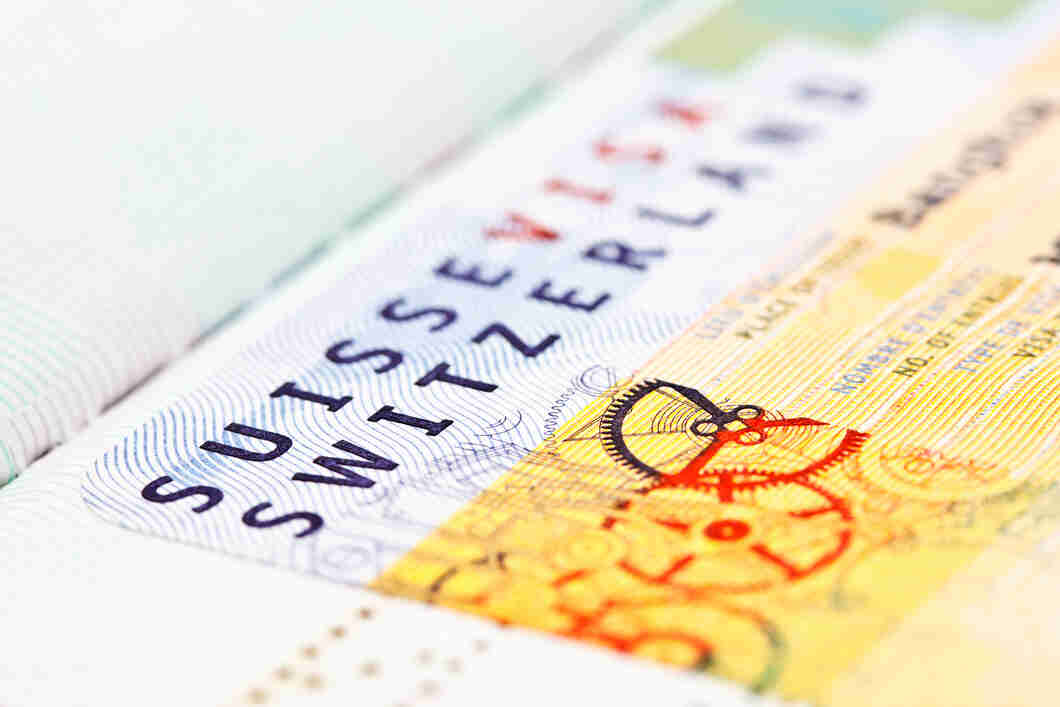Are you planning a trip to India but feeling overwhelmed by the visa application process? Don’t worry, we’ve got you covered! In this comprehensive guide, we’ll walk you through everything you need to know before applying for an Indian visa. From the types of visas available to the required documents and fees, we’ll provide all the essential information to make your visa application experience smooth and hassle-free. So sit back, relax, and get ready to embark on your Indian adventure with confidence!
What is an Indian visa?
An Indian visa is a document that allows foreign nationals to enter, stay and exit India. The visa is obtained from an Indian consulate or embassy prior to travelling to India. Foreign nationals must meet certain eligibility criteria to be granted an Indian visa, which vary depending on the type of visa required. For example, business visas require proof of business ties to India, while student visas require proof of admission to an educational institution in India.
There are different types of Indian visas available, each with their own purpose and period of validity. The most common type of visa is the tourist visa, which allows foreign nationals to stay in India for up to 60 days. Other types of visas include business visas, student visas, employment visas and medical visas.
It is important to note that overstaying your visa in India can lead to serious consequences, including detention and deportation. Therefore, it is essential to make sure you apply for the correct type of visa and that you adhere to the terms and conditions of your visa.
Types of Indian visas available
There are many different types of Indian visas available, and the type you need will depend on your purpose of travel. If you are traveling to India for business purposes, you will need a Business Visa. If you are traveling to India for tourism purposes, you will need a Tourist Visa. If you are traveling to India for student purposes, you will need a Student Visa. If you are traveling to India for medical purposes, you will need a Medical Visa. If you are traveling to India for work purposes, you will need a Work Visa. If you are traveling to India for adoption purposes, you will need an Adoption Visa. Each type of visa has different requirements, so be sure to research the requirements for the specific visa you need before applying.
Requirements and Eligibility for an Indian Visa
In order to apply for an Indian visa, you will need to meet the following requirements and eligibility criteria:
-You must have a valid passport with at least 6 months of remaining validity.
-You must have a recent passport-sized photograph.
-You must have a confirmed travel itinerary to India.
-You must have a valid credit card or bank account in order to pay the visa application fee.
Documents needed to apply for a visa
There are a few documents that you will need to have in order before applying for an Indian visa. These include:
-A valid passport with at least six months of remaining validity and at least two blank pages for visa stamps. -A completed and signed visa application form. -One passport-sized photograph taken within the last six months, against a white background. -Proof of onward or return travel, such as a flight itinerary or e-ticket. -Proof of sufficient financial means to support your stay in India, such as bank statements or a letter from your employer. -If you are traveling for business purposes, you will need to provide an invitation letter from your company in India. -If you are traveling on a student visa, you will need to provide proof of admission to an educational institution in India.
Additional documents may be required depending on your individual circumstances. For example, if you have ever been arrested or deported from any country, you will need to provide police clearance certificates. The Indian embassy or consulate website should have a complete list of required documents for your specific situation.
How to apply for an Indian visa
Before applying for an Indian visa, there are a few things you need to know. The first is that all foreign nationals must have a valid passport and travel document before they can apply for a visa. The second is that they must also have a recent photograph of themselves. They will need to provide proof of their onward or return journey ticket. To apply for an Indian visa, foreign nationals can either go online to the official website of the Government of India or they can visit the nearest Indian consulate or embassy.
Processing time for the visa
It can take up to 60 days for the Indian government to process a visa application, so it’s important to plan ahead and not wait until the last minute to apply. There are different types of visas with different processing times, so be sure to check which type of visa you need and how long it will take to process.
Tips on getting your visa approved
If you’re planning a trip to India, you’ll need to apply for a visa. The process can seem daunting, but we’ve got you covered. Here are a few tips to help ensure your visa is approved:
- Check the requirements. Make sure you meet all of the eligibility requirements before applying.
- Complete the application form accurately and in full. Include all required documents.
- Pay the visa fee. Fees must be paid in order to submit your application.
- Schedule an interview, if required. Some applicants may need to appear for an interview at the Indian consulate or embassy.
- Be prepared for your interview. Have all required documents ready and be prepared to answer questions about your travel plans and purpose of visit.
By following these tips, you can increase your chances of having your visa application approved and smooth sailing through the process!
Conclusion
Applying for an Indian visa can be a daunting task but with the right information and preparation it doesn’t have to be. By taking into account the tips discussed in this article, you should feel more confident when applying for an Indian visa. Remember to check your eligibility criteria, prepare all the required documents, provide accurate details in your application form and pay attention to important deadlines so that your application process goes smoothly. Good luck!


